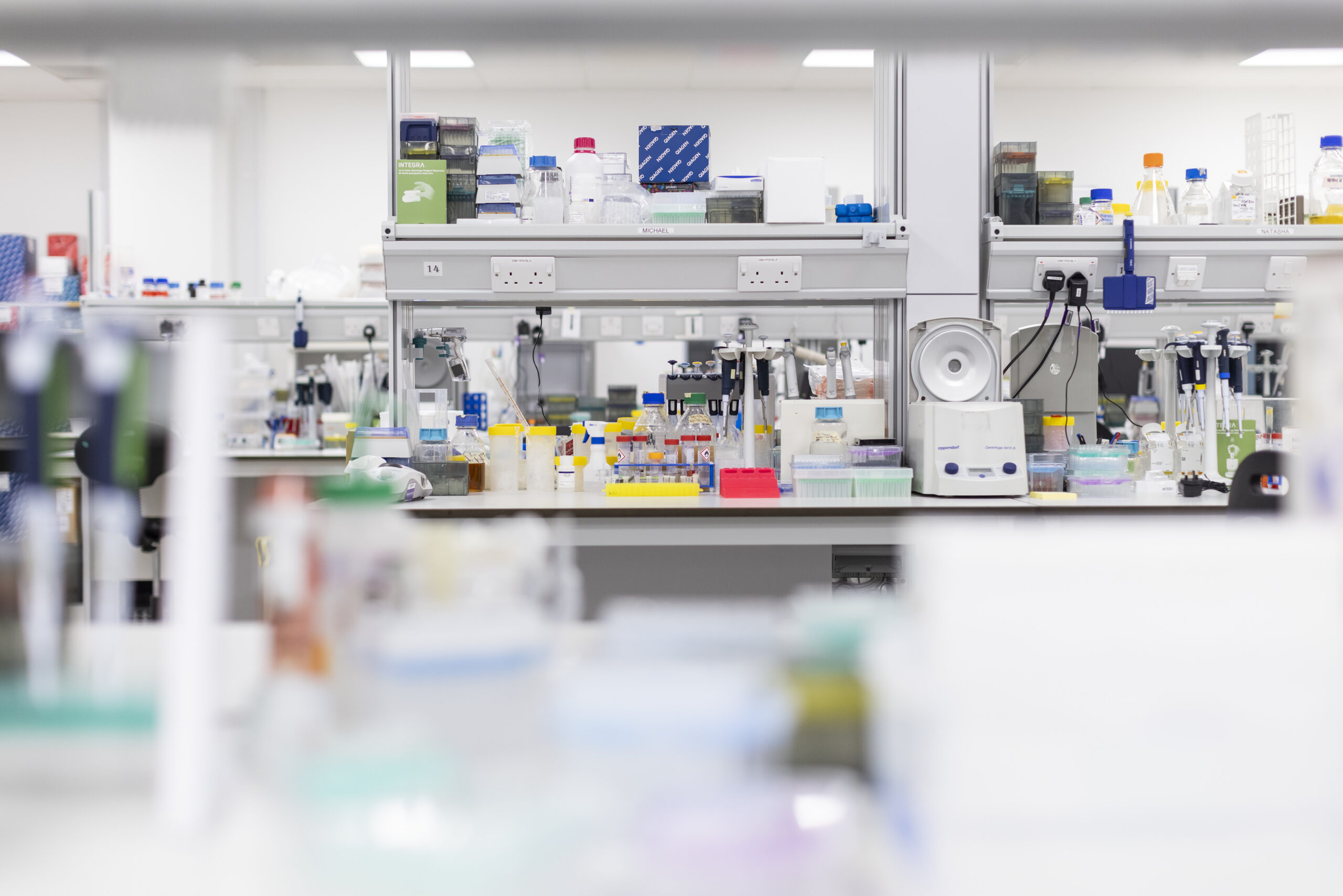London, UK, 2nd April 2009 – A major centre to fast-track the discovery and development of novel drugs will be created by the Medical Research Council (MRC) and MRC Technology (MRCT).
The MRCT Centre for Therapeutics Discovery (CTD), based in London, will build on the existing work of the MRCT Drug Discovery Group, expanding current capability and capacity to provide the UK with a national drug discovery resource with the critical mass to progress high quality projects towards clinical benefit. Promising molecules and antibodies will be taken down the path to clinical application by a partnership between the CTD, academic scientists and industry. It will commence work immediately.
Building on the wealth of high quality research in the UK, the CTD will collaborate with scientists in universities and MRC units to develop drug discovery projects. These will target diseases for which there is significant unmet need. The centre will apply state of the art computational and medicinal chemistry to produce ‘drug-like’ molecules with potential to become therapies.
CTD will also focus on developing novel antibody therapies, bringing to bear its world-class expertise in antibody humanisation technology. Already, this capability has been successfully exploited to partner several therapeutic antibodies identified from within the MRC research base. It’s also enabled biopharmaceutical companies to launch two antibody-based drugs (the fastest growing therapeutic area in the industry) onto the market and progress several more into the clinic.
This initiative will enable UK scientists to tap into MRC’s recently announced Developmental Pathway Funding Scheme (DPFS) and collaborate with a high quality drug discovery capability whilst retaining existing IP ownership.
Sir Leszek Borysiewicz, MRC Chief Executive, said:
“This centre of national excellence, in forming partnerships with academia, will provide a focus of knowledge and expertise. The initiative will benefit patients in the UK and around the world. It will also support innovation and provide a training ground for the next generation of scientists across Britain. It is these types of projects which represent the seed corn of the future UK economy by enhancing the UK’s leadership position in the scientific and technical disciplines of early stage medicine discovery.”
Dr David Tapolczay, MRCT’s CEO explained:
“For the first time UK academics will have a dedicated centre with which to collaborate and progress their science to deliver tangible clinical benefit. In so doing, this initiative will help the UK to retain it’s world-leading reputation for innovation in drug discovery.”
Dr Justin Bryans, Director of Centre for Therapeutics Discovery at MRCT, commented:
“We want to work with the best academic scientists and develop the impressive drug discovery knowledge base that exists in the UK today. The CTD will offer an expertise in drug discovery that can be accessed by UK academics to translate their projects towards clinical benefit, and will provide a forum for education and training in the field of medicines research. Skilled jobs in medicinal chemistry and biosciences will be created, and partnering our products with pharma and biotech companies worldwide will increase the value of the basic research that we support.”



